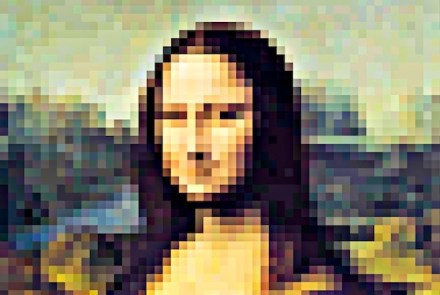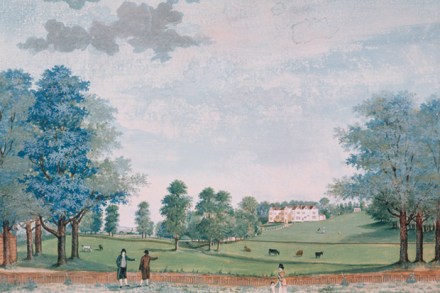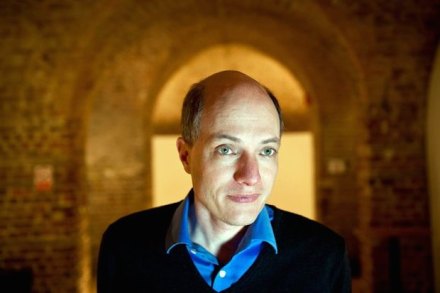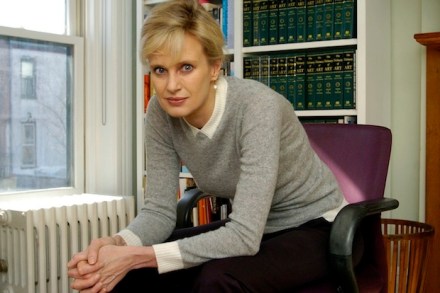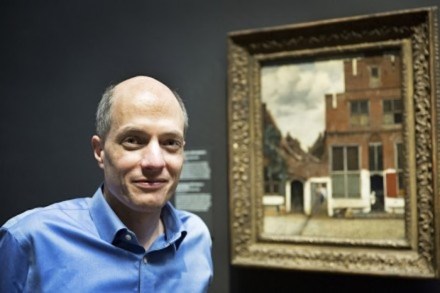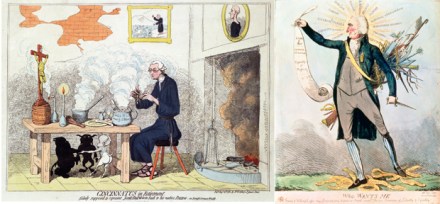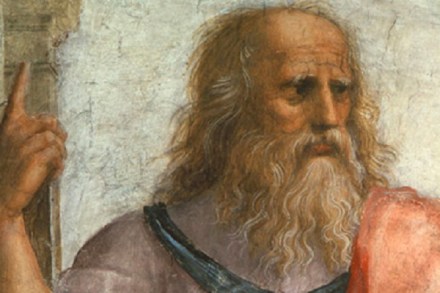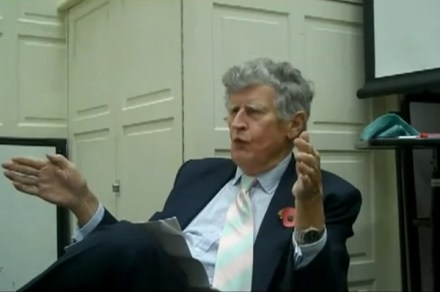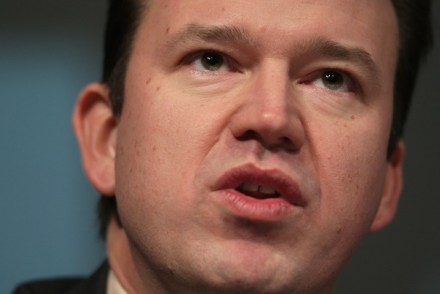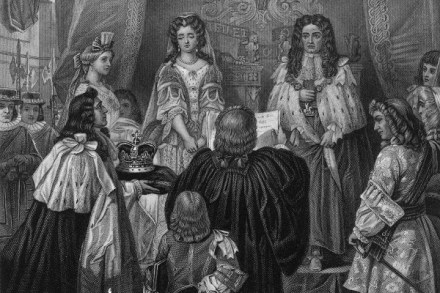A book about human nature that makes your head spin – in a good way
Vincent Deary is a therapist, and this book is the first part of a trilogy. How We Are is about human nature. Books two and three will be called How We Break and How We Mend. Three serious tomes, backed by a serious publisher. You open it thinking: this is not going to be an easy self-help book where everything is mapped out for you. It won’t be a walk in the park. In fact, pretty much the first thing Deary does is to examine the concept of walking in a park. ‘“A walk in the park” is a synonym for ease,’ he tells us, ‘because the park knows how



